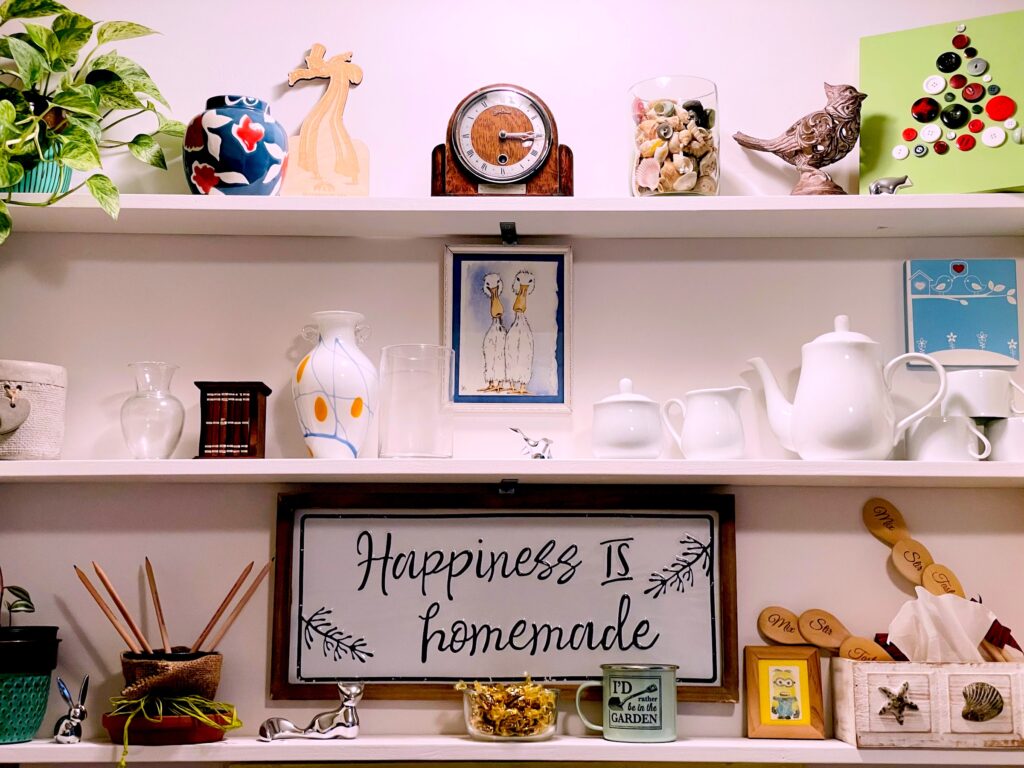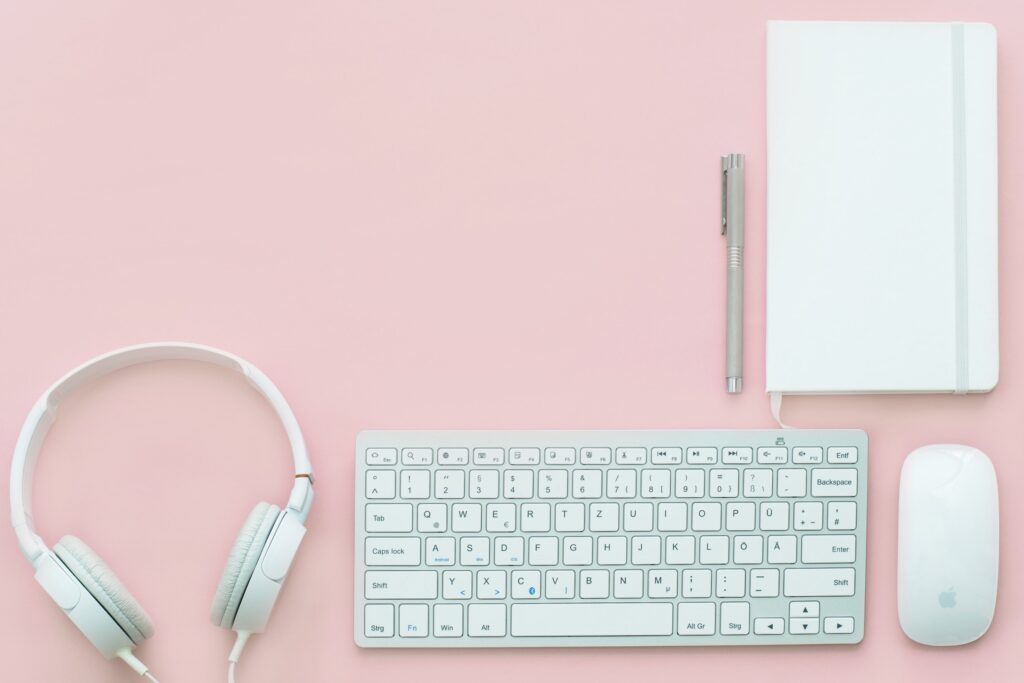5 Ways to Minimize Your Stuff
“Have nothing in your houses that you do not know to be useful, or believe to be beautiful” – British textile designer, William Morris
You may one day come to the harsh and embarrassing realization that you have accumulated more clutter than some pathological hoarder or an Antiques Road Show groupie.
Don’t panic. Don’t despair. It happens.
The more miles on the truck, the more that gets tossed into its bed.
Here are some ways to pare down and jettison the clutter.

1. Donate or throw away anything you haven’t used in a year
At some point, it helps to draw a line in the sand. It might be time to toss those hand painted Russian nesting eggs you were keeping in the outdated curio cabinet for any drop-ins from nesting egg aficionados.
That once gleaming vintage toaster that now either slightly warms English Muffins or burns them into black carcinogenic hockey pucks might now belong on the scrap heap of outdated appliances or the “Island of Misfit Toys.”
You can also find plenty of places, either online or brick and mortar holdouts, where you can donate the wretched refuge of your teeming clutter. These “stuff” brokers will help find it all a good home.
It’s a win, win for everyone. Letting it collect dust in an attic, basement, or fireplace mantle seems so yesteryear.
Shed what you can, before it’s too late!
Unburden yourself. This revolution will not be televised – but, if it ever gets optioned for streaming, it will of course, become a perversely popular Netflix series.
2. Organize it
It can help to start taking an inventory of what you currently have.
It may take some, time but then you will be able to truly organize it into categories.
3. Label it
You can carefully label it. You can box it away, or try to sell it, or pawn it off on relatives. The important thing is that with a little work and discipline you are beginning to lighten your load.
There are many methods for labeling things or building systems for knowing what you have, where those things reside in your home. It’s also important to determine the value they actually still hold for you .
Jot it down as a list in a spreadsheet or notebook.
4. Keep what you do have in good working order
When you have pared things to a more manageable list of possessions, you can then focus on caring for them by keeping them in good working order.
For instance, finally make a point to repair that massive family heirloom – the grandfather clock whose big hand has been stuck on the 2 for 10 years!
Fish tank? Get water, get fish, or let that puppy go. Somewhere out there is a child ready to relocate their growing goldfish family into bigger digs.
5. Read about how other cultures approach clutter and waste
“The Life-Changing Magic of Tidying Up” is a book by Marie Kondo.
She is a writer and renowned tidying consultant from Tokyo, Japan.
Perhaps one of the most memorable quotes to take away and remember from her book is, “The place we live should be for the person we are becoming now – not for the person we have been in the past.”
Final thoughts
There is no downside to minimizing and simplifying by ridding yourself of things you no longer need or use. When you finally identify and discard clutter, your attention will feel infinitely less scattered. You will feel lighter and liberated.
Once you decide to do away with the inessential, the essential will swiftly resolve with increasing clarity.

Lisa Ryan LPC
Learn something you don’t know yet.

